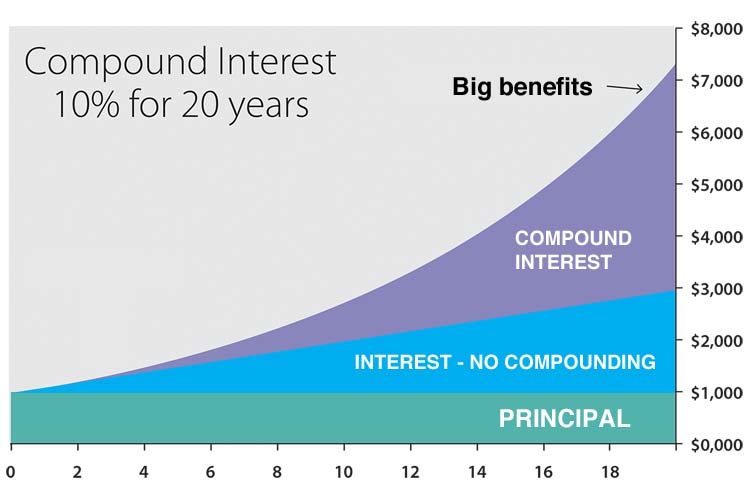Forbes: Employees who stay at a company for more than 2 years on average earn 50% less.
https://www.forbes.com/sites/cameronkeng/2014/06/22/employees-that-stay-in-companies-longer-than-2-years-get-paid-50-less/Some already great discussions over on reddit (in case you had not yet seen this).
https://www.reddit.com/r/personalfinance/comments/6no7nu/forbes_employees_who_stay_at_a_company_for_more/
To me, this is 100% obvious and I plan to follow this until FIRE. This may only work in STEM/TECH but IMO the proper job cycle is:
Year 1 - assimilate with new company/team - learn new tech/infastructure/team dynamics, excel at job
Year 2 - job becomes easier, use available time to learn new skills and fill in your gaps.
Leverage years 1/2 into better job with 20-30% compensation bump
When you also factor in the front loaded benefits (relo, starting bonus), you can come out way ahead jumping ship every 2 years. Companies are basically paying you (more) to move to new exciting cities every 2 years, experience new teams dynamics / company processes, learn all new tech/skills and meet new interesting/fun people. win win win win
The difference between the above method and the more traditional (grind out a tenure at a single company) in terms of compensation looks just like a graph of compounding vs non-compounding investments.
Green (principal) = staying at jobs for 10+ years with 0 raises
Blue (interest - no compounding) = staying at job for 10+ years with traditional 2-3% YOY cost of living adjustment
Purple (compound interest) = switching jobs every two years with ~20% compensation increase (+relo +starting bonus) - in reality this would be more of a 'steppy' plot.

After 3-4 cycles of this, FIRE.
Thoughts? Anyone else in STEM/TECH and doing and or planning to do something similar to this?